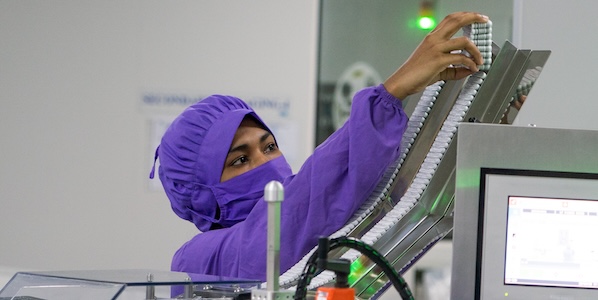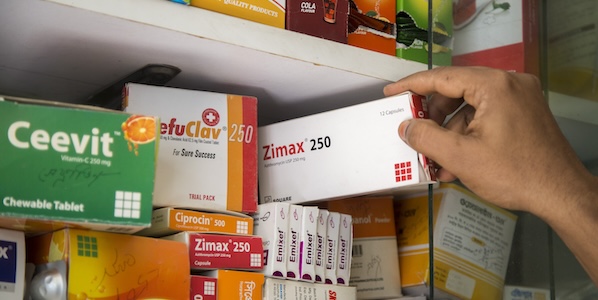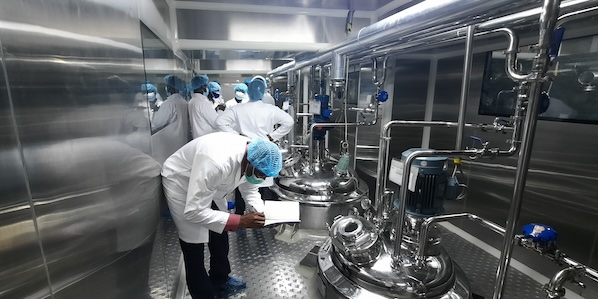Amoxicillin and gentamicin, effective in treating pneumonia and other respiratory infections, must be more accessible for children and newborns
Each year, more than 700,000 children under the age of five die from pneumonia and other treatable respiratory infections. Nearly seven million babies under two months old experience possible serious bacterial infections (PSBI).
Ninety percent of these children – most of them newborns and infants – live and die in 40 low- and middle-income countries. Yet, nearly all could be effectively treated with oral amoxicillin in pediatric formulations or injectable gentamicin, two widely available, inexpensive medicines that have been saving children’s lives for decades.
More than 10 years after the UN Commission for Life-Saving Commodities for Women and Children galvanized global efforts to improve access to these and other priority medicines, too many children still suffer and die from a lack of quality-assured medicines.
The time to act is now
Together, USAID, UNICEF, the Global Child Health Task Force, PQM+, and other USAID-funded projects issued a call to action, outlining four bottlenecks for countries to prioritize, including:
- Poor quantification of need
- Insufficient financing
- Lack of quality assurance
- Inappropriate use
The call to action also describes the critical roles of country stakeholders, donors, implementing partners, and civil society organizations in driving immediate, concrete actions to improve access to and appropriate use of amoxicillin and gentamicin for childhood pneumonia and newborn infections.








